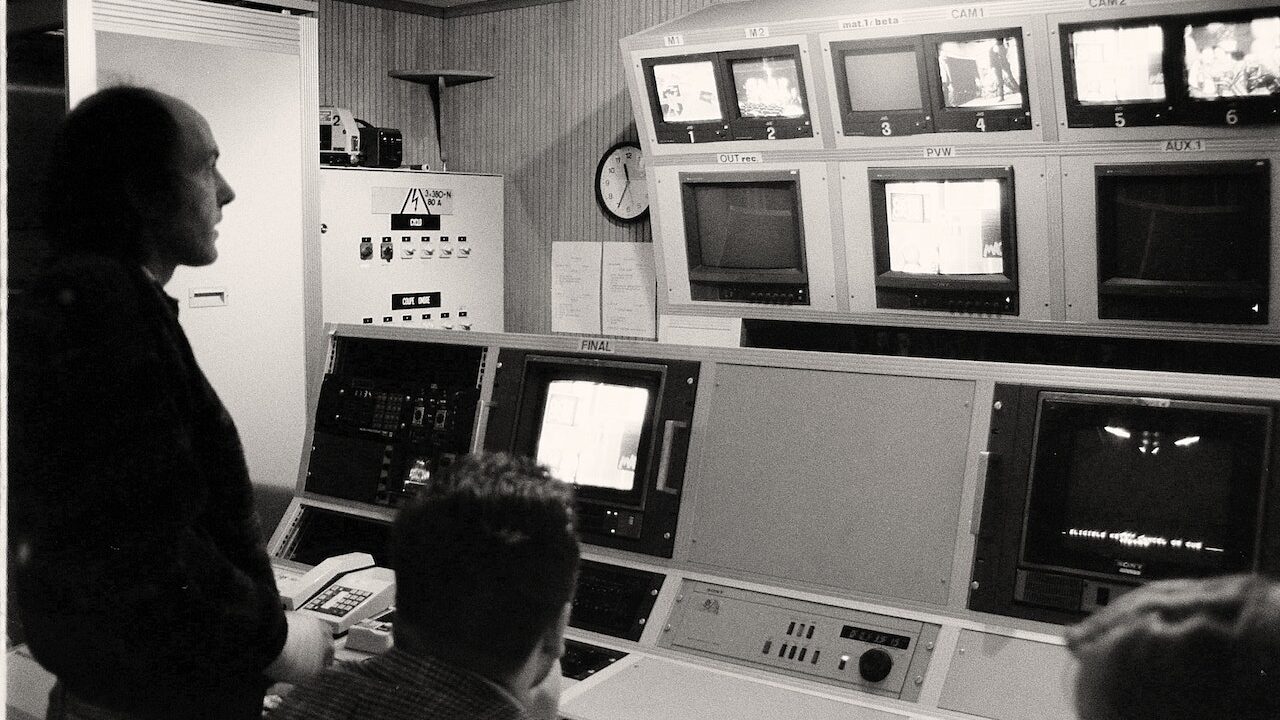
Technology has become a vital part of our daily lives in our fast-paced and interconnected world. We are surrounded by screens, notifications, and a steady stream of digital information from the moment we get up until we go to bed. While technology has provided innumerable benefits and conveniences, there is rising worry about its subtle and pervasive hijack on our minds and habits
How technology can hijack our minds ?
This introduction investigates how technology can hijack our minds, influencing our thoughts, feelings, and actions in ways we may not be aware of. Companies have learned to capitalize on our attention as we become more dependent on smartphones, social media platforms, and other digital gadgets, adopting sophisticated ways to keep us interested and devoted to their products.
This occurrence is not a product of chance, but of deliberate design choices and well built algorithms. Driven by commercial incentives and the fight for user attention, technology corporations have used psychological concepts and behavioral science to create addictive experiences. As a result, the distinction between genuine user involvement and manipulation has blurred.
In this investigation, we will look at some of the primary strategies that technology uses to capture our attention, such as the never-ending scroll, tailored content streams, and push alerts. We’ll also talk about the psychological factors that underpin addiction and how they’re used in the digital world.
Furthermore, because technology pervades so many aspects of our life, such as school, work, and social relationships, the impact of this mind-hijacking phenomenon extends far beyond leisure activities. The manner in which technology hijacks our experiences are progressively influencing our cognitive ability, social interactions, and overall well-being.
It is vital to be aware of these effects and to examine our connection with technology hijack critically. We may begin to regain control of our brains and use technology in a more intentional and constructive manner by knowing the strategies used to influence our attention and utilizing the power of self-awareness.
We will explore more into the mechanics of how technology hijacks our thoughts, the ramifications of this phenomena on our lives, and techniques to prevent its potential bad impacts in the following portions of this research. We can ensure that our minds stay sovereign in the digital age by encouraging a careful and balanced attitude to technology use. Let us go out on this trip to learn more about how technology shapes our thinking and how we might restore our cognitive liberty.
Creating Habit-Forming Products with Variable Rewards and the Hook Model
To produce habit-forming goods, technology businesses use the Hook Model, introduced by Nir Eyal. The model is divided into four stages: the trigger, the action, the variable reward, and the investment. Notifications operate as triggers, prompting you to perform actions such as checking your phone. The variable reward mechanism, similar to a slot machine, keeps you coming back for the chance of a reward, even if it rarely occurs. This confluence of elements fuels addictive behavior and keeps you addicted to the platform.
The Influence of Social Validation: Likes and Shares
Social validation and acceptance are triggered by receiving likes, comments, and shares on social media. Positive interactions strengthen your online presence and give you a sense of belonging in virtual groups. The urge for acceptance and approval motivates us as social creatures to seek validation from others, forcing us to continually check for updates and engage with information in order to maintain our online reputation.
FOMO (Fear of Missing Out): The Panic of Being Disconnected
FOMO is a psychological phenomenon characterized by anxiety and uneasiness over potentially missing out on interesting events or experiences that others are having. Social media exacerbates this worry by constantly offering a seemingly interesting stream of activities and events. The dread of being separated from this virtual social scene encourages you to stay glued to your gadget, frightened of missing out on any of the activities in the digital world.
Conclusion
Understanding how technology may hijack our minds in this day and age is critical to establishing a good and balanced relationship with it. We can safeguard our attention, well-being, and cognitive autonomy by being aware of the psychological hijack tricks used by technology businesses. Finally, it comes down to utilizing the power of technology for our benefit while remaining aware of its possible drawbacks.








